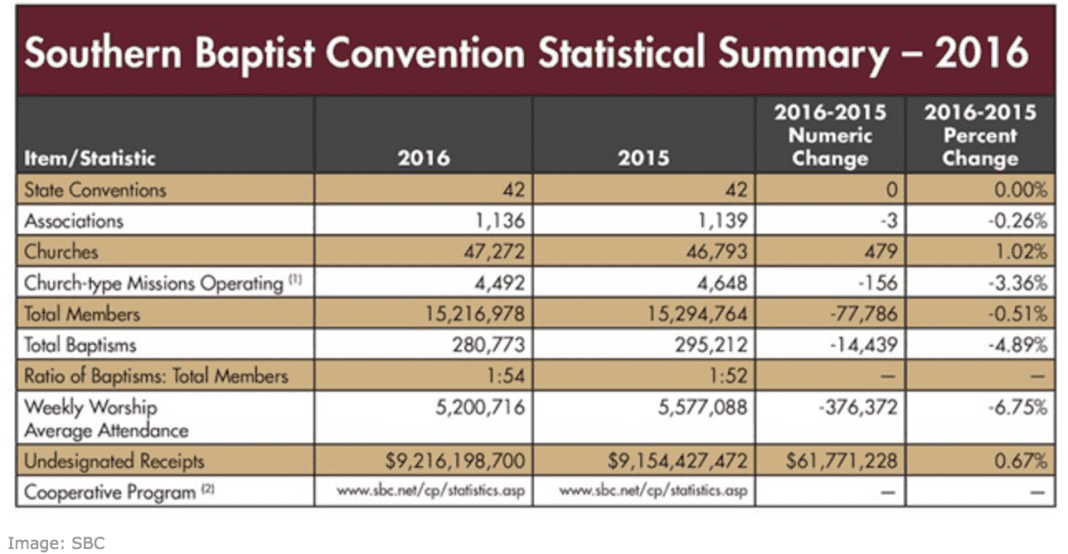Non-Denominational Pastors, Networks and Mentoring Relationships
One of the advantages to being in a denomination or network of churches is the accessibility of mentoring relationships. Unfortunately, there are many pastors who still go it alone even though they have access to others. In doing so, they are missing out on one of the great benefits of pastoral community.
There are also many who are led into ministry outside of a denomination. They still need advice and counsel, but it isn’t naturally in their system. The ones who want peer counsel will have to seek it out. These should seek relationship first and then counsel.
How I Deal With Pastors Seeking Mentoring
That’s where my story comes in. I often get calls and emails from non-denominational pastors who say, “I need your coaching and advice.” My response is usually, “Why don’t you call your denominational leadership? Because what you want is denominational coaching that you aren’t paying for. And I can’t do that because I get a lot of advice calls and things of that sort.”
Of course, I won’t actually say that. Rather, I will graciously say something like, “I think you should probably connect with someone who knows your situation better and who knows you better.” The pastor may say, “Well, I’m not in community relationship with anybody.” I then explain, “I think that’s why you need to be in community relationship with somebody else.” If the person wants to join a network or denomination, I’d be glad to call the leadership and make an introduction.
Ultimately, we all need to be on a team with other people.
Leaders Have a Responsibility
Having this kind of conversation can be difficult because we don’t want to sound like jerks. But as leaders, we have a responsibility to shepherd the people God has placed under our care. And if a pastor has chosen to leave out from under our care, but then comes to us for pastoral counsel, we are making a decision to pastor this person instead of the people that God has given to us.
It isn’t fair to expect someone to speak wisdom into a life you do not know well. The person seeking the counsel can end up getting some really bad advice at an important time in life by someone who is trying to help but doesn’t have all the pertinent details. It is also a lot of undue pressure on a person to try to advise a pastor that he or she doesn’t really know.
God Designs and Blesses Mentoring Relationships
It is a blessing to walk in relationship with people. One of the blessings that comes with it is shared experience and purpose. These are valuable when seeking and giving guidance. The Bible is clear that where two or three are gathered, God is in that relationship. And we all know that the more cords we have woven together, the stronger the bond.
I will take the call from a pastor seeking advice. I don’t mind a call, but I can’t coach/mentor/counsel people with whom I am not in community. This is something that we need to have in our networks.
That’s why we have networks. That’s why we have denominations.
My advice for a pastor seeking cold call advice outside of a nurturing network is, “You need to get yourself into nurturing network relationships.”
So this is where I make the case for connectionalism. The technical term is not denominationalism. It is connectionalism. You have to be connected. You can call it covering if that’s your theological view. People with a bishop structure tend to see that. In my non-denominational tradition, we tend to see two offices: pastor/elder and deacon. But when you have a third, like Anglicans and Pentecostals have, and you see the bishop as another office, this has theological value.
You cannot be responsible for people for whom God has not made you responsible. You should not expect someone to be responsible for you if you aren’t willing to live in accountability with them.
If you aren’t in a network, what are some positive steps you can take toward finding a network? Talk to the leaders in your local church. See if that isn’t a needed resource your church needs. To be sure, the solid networks out there need more solid churches to be of benefit to others as well.
If you are in a network, or denomination, how can you be better connected with other pastors? Are you taking advantage of times to work together, pray for one another, get advice and give it? Don’t neglect the opportunities God has given you in your network.
This article originally appeared here.











